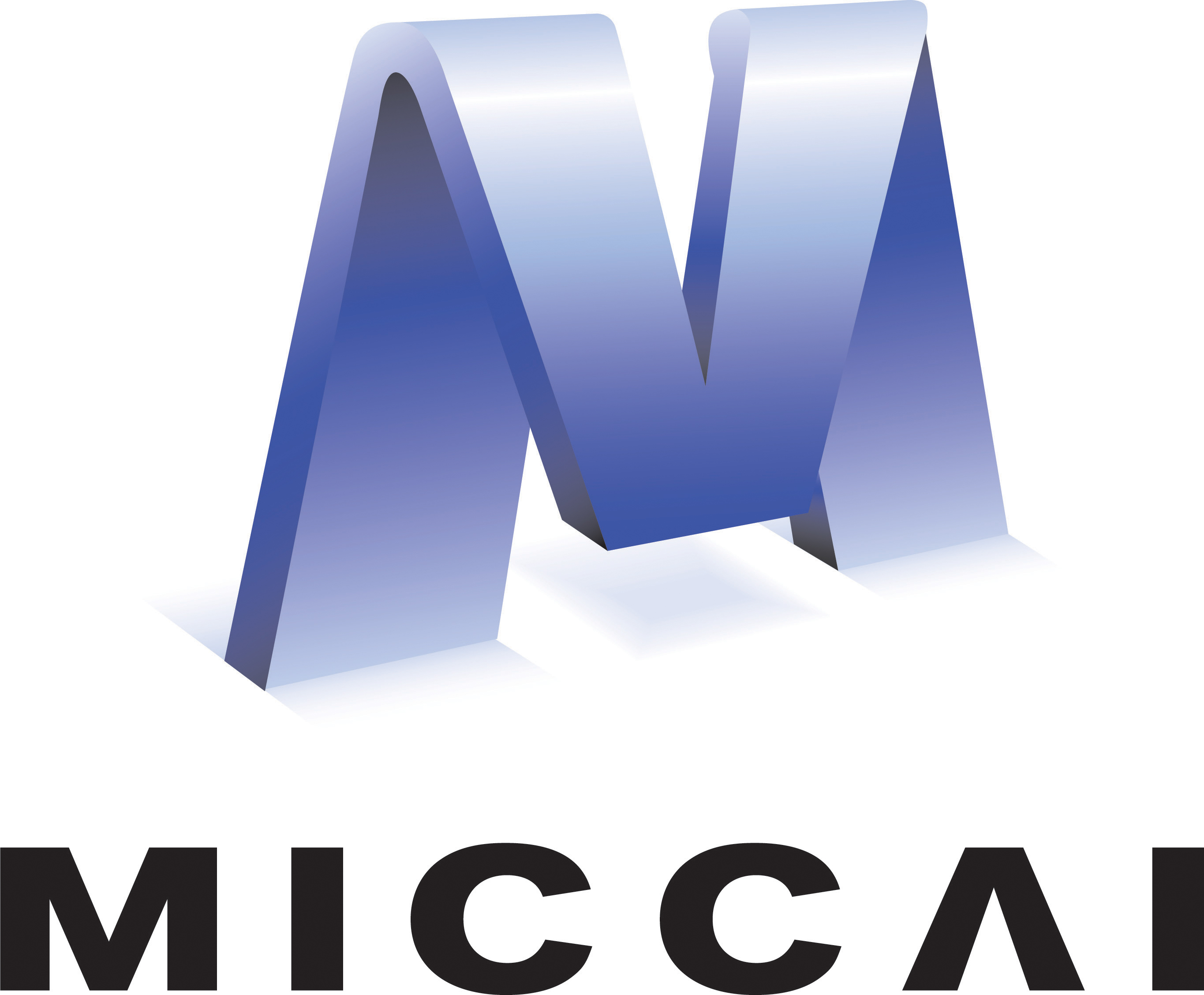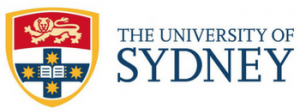






Proceedig of the MMMI/ML4MHD 2024 workshop is now available. Click here for limited-time free access.
June 24thJune 29th: Submission Deadline.
April 17th: Submission portal is now open.
April 16th: Workshop listed in the MICCAI satelite event program. MMMI/ML4MHD 2024 will be held on October 10th as a half-day event.
The International Workshop on Multiscale Multimodal Medical Imaging (MMMI) aims at tackling the important challenge of acquiring and analyzing medical images at multiple scales and/or from multiple modalities, which has been increasingly applied in research studies and clinical practice. MMMI offers an opportunity to present: 1) techniques involving multi-modal image acquisition and reconstruction, or imaging at multi-scales; 2) novel methodologies and insights of multiscale multimodal medical images analysis, including image fusing, multimodal augmentation, and joint inference; and 3) empirical studies involving the application of multiscale multimodal imaging for clinical use.
We are excited to broaden the scope of our typical topics by collaborating with the International Workshop on Multimodal Healthcare Data. This partnership enables us to expand the expertise to multimodal/multisensing healthcare data, with the goal of integrating image knowledge with other modalities.
Facing the growing amount of data available from multiscale multimodal medical imaging facilities and a variety of new methods for the image analysis developed so far, this MICCAI workshop aims to move the forward state of the art in multiscale multimodal medical imaging, including both algorithm development, implementation of the methodology, and experimental studies. The workshop also aims to facilitate more communications and interactions between researchers in the field of medical image analysis and the field of machine learning, especially with expertise in data fusion, multi-fidelity methods, and multi-source learning. In MMMI 2024, we’ll emphasize the potential of artificial general intelligence (AGI) and large-pretrained models in multi-modal, multi-scale medical imaging data.
MMMI 2019 (https://mmmi2019.github.io/) recorded 80 attendees and received 18 8-pages submissions, with 13 accepted and presented. The theme of MMMI 2019 was the emerging techniques for imaging and analyzing multi-modal multi-scale data. The 2nd MMMI workshop was merged with MLCDS 2021 (http://mcbr-cds.org/), recorded 58 attendees, and received 16 8-pages submissions, with 10 of them accepted and presented. The theme of MLCDS 2021 was the role and prospect of multi-modal multi-scale imaging in clinical practice. The 3rd MMMI workshop recorded 64 attendees and received 18 8-pages submissions, with 12 of them accepted and presented. The theme of MMMI 2022 was the novel methodology development for multi-modal fusion. The 4th MMMI workshop recorded 70 attendees and received 27 8-page submissions, with 17 accepted and presented. The theme of MMMI 2023 was the solutions for heterogeneities in multi-modal and multi-source medical imaging data. As multi-modal, multi-scale medical imaging is a fast-growing field, we are continuing the MMMI to provide a platform for presenting and discussing novel research from both the radiology and computer science communities.
Machine Learning for Multimodal Healthcare Data was successfully hosted at the International Conference on Machine Learning 2023 (https://sites.google.com/view/ml4mhd2023), with 33 submissions, 13 published papers and more than 60 attendees. The theme of the workshop was on learning methods for multimodal/multisensing healthcare data such as medical imaging, digital pathology, computational biology, genetics, electronic healthcare records, language/speech processing, and more.